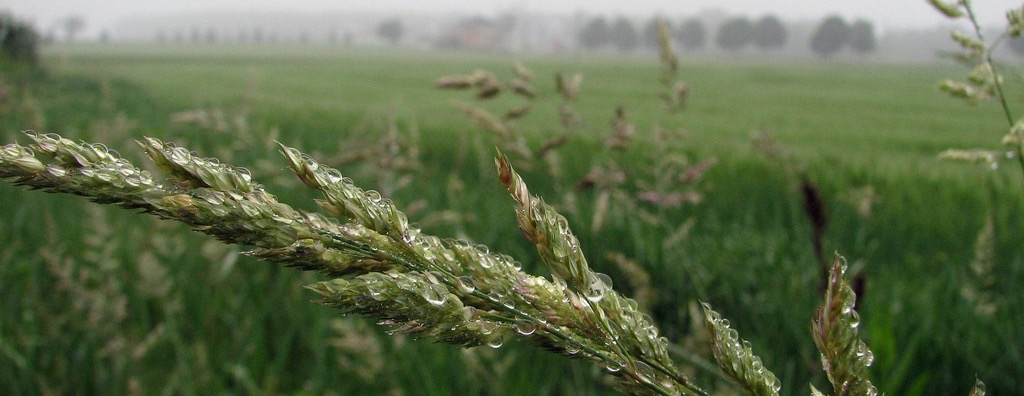
Preventing the conversion of Pacific Northwest grasslands offers big climate benefits
Driven by concerns over the loss of habitat, biodiversity, soil erosion, water pollution, and the release of carbon stored in soil, researchers, natural resource professionals, farmers and ranchers, policy experts, and conservationists recently gathered in Fort Collins, Colorado for the third biennial conference on the conservation of America’s grasslands.
During the opening plenary session Tyler Lark, a PhD candidate in the University of Wisconsin-Madison’s Nelson Institute Environment and Resources program, presented his research on cropland expansion in the United States. It was an informative and sobering presentation that shaped much of the conversation for the next two days.
Based on satellite imagery from the United States Department of Agriculture’s (USDA) cropland data layer (CDL) from 2008-2012, Mr. Lark estimates that the U.S. is currently experiencing conversion to cropland parallel to the “fencerow-to-fencerow” era of the 1970s and the Dust Bowl of the 1930s.
While conversion has been tempered somewhat by cropland abandonment, resulting in a net increase in cropland of 2.98 million acres, gross conversion between 2008 and 2012 was nearly four times this amount. More importantly, land that was uncultivated since at least 2001 accounted for 7.34 million acres of converted land.
Conversion of lands that have been uncultivated for a significant period of time is particularly concerning to individuals working to mitigate climate change. Carbon dioxide is sequestered by grasses and shrubs through photosynthesis, and stored in the roots of these plants and in the soil. For grass and shrublands that have remained undisturbed for long periods of time, the volume of carbon stored in soil is quite significant. When these lands are tilled and converted to cropland, this stable organic carbon oxidizes and is returned to the atmosphere as CO2.
In response to these trends, several initiatives aimed at halting conversion of grass and shrublands have been launched by federal agencies and non-governmental organizations. At the federal level, multiple USDA 2015 Conservation Innovation Grants were awarded to organizations, including The Climate Trust, working to avoid grassland conversion.
The Climate Action Reserve (CAR), a carbon offset registry, also received USDA support to pilot a new offset protocol that awards offsets to landowners willing to maintain intact grass and shrublands for a minimum of 100 years. These offsets can be sold to corporations interested in reducing their greenhouse gas footprint, thereby generating revenue for landowners willing to enroll in the program.
While the greatest rates and conversion to cropland are occurring in Midwestern states like Iowa and Missouri, the Pacific Northwest is also undergoing its own form of conversion. Wheat production has increased significantly in eastern Oregon, which is partly the result of recent high prices for corn and soybeans, and the associated expansion of these crops. Additionally, the region’s suitability for growing alfalfa and apples has led to the continued expansion of these crops. Finally, the growing number of vineyards in the PNW has also had a measurable impact.
While increased wheat, alfalfa, apple, and grape production brings new economic opportunities to rural areas in the Pacific Northwest, there is no denying the fact that converting long-uncultivated grass and shrub lands to cropland has serious habitat, water quality, and greenhouse gas consequences.
Fortunately, the new pilot protocol, and the work of other Conservation Innovation Grant awardees, can play an important role in limiting these adverse impacts by rewarding producers in the PNW willing to resist current conversion trends. As the images presented in Mr. Lark’s research clearly point out, there are ample opportunities to apply this protocol and other conservation techniques in areas of Oregon and Washington.